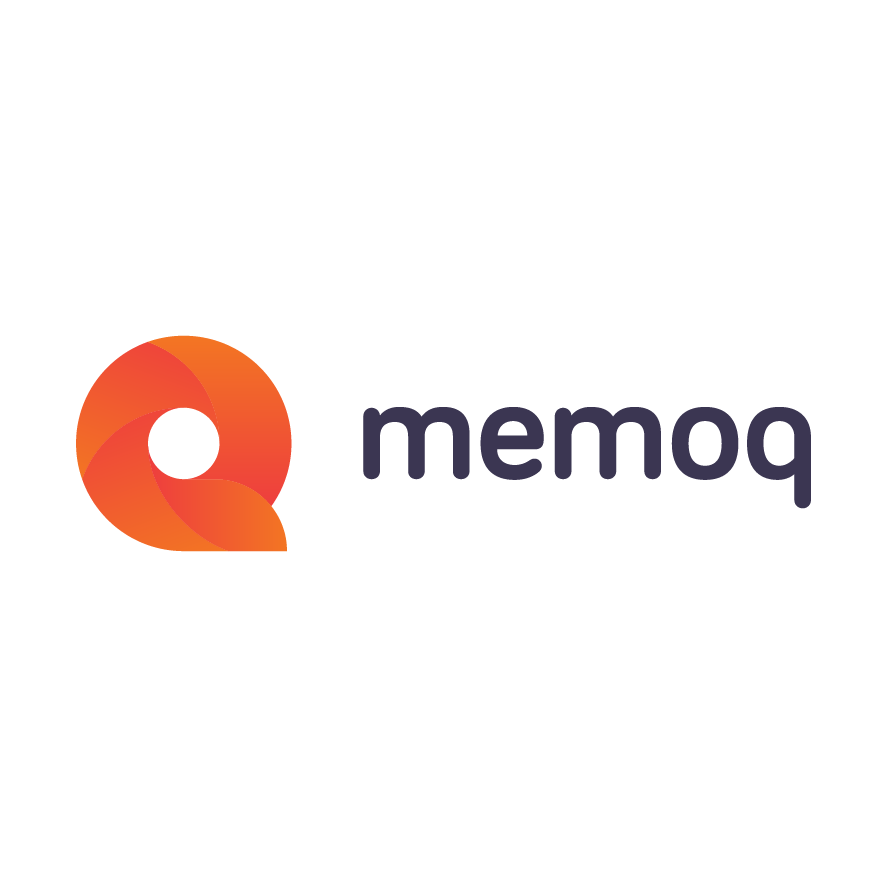This blog post details some of the information and training resources available to memoQ users. By Peter Reynolds.
From time to time people complain that memoQ has not got enough training or other material on memoQ. They will come up with a list of things which they claim memoQ should provide but does not. Online training and user guides will probably be on the top of the list and then they will list a lot of other things such as information on trainers and guides on particular subjects. However, we have most of these things. This blog is intended to show where some of these resources can be found.
Online training courses.
We have a number of online training courses available on our Moodle site
The courses all consist of 10 video lessons developed by Angelika Zerfass and Daniel Zielinski of Loctimize GmbH. At present we have the following courses available:
- Introduction to memoQ 2014 R2
- memoQ 2014 R2-Einführungskurs - Erste Schritte für Übersetzer (memoQ 2014 R2 course in German)
- Introduction to memoQ 2013
- Project Management with memoQ
These courses are free and you can register with your Language Terminal account.
User guides
On memoQ.com we have a searchable resource where you can find a library of user guides. This library is divided into three sections for translators, project managers and server administrators. You can also filter the contents of the library by memoQ version or language.
If you are looking at this page and do not see what you are looking for just click the load more button and you will see all the available guides.
Webinars
Each month memoQ has a number of very well attended and interesting webinars. You can find information about them on our website and you can also get access to previously recorded webinars. These are a great source of useful information.
YouTube
The memoQ YouTube channel is another great resource. There is a lot here from short sharp introductions to new memoQ features to best practices and even memoQfest presentations
If you do a search for memoQ in YouTube you will also find the CAT Guru channel. Here Dominique Pivard creates videos about a number of tools include memoQ. Dominique has also some excellent videos for Wordfast users.
Kevin Lossner has also got a YouTube channel with excellent videos.
Bloggers
Kevin is a blogger and he writes about memoQ among many other subjects. His books “memoQ 6 in Quick Steps” and “memoQ in Quick Steps: Configuration” have proven very popular among memoQ users. Kevin is working on a new memoQ which we will tell you about as soon as he publishes it. You can find details of Kevin’s books here.
There are numerous other bloggers who regularly write about memoQ. A web search for “memoQ blog” will reveal some interesting pages. Probably the best way of finding good blog posts on memoQ is to do regular searches on twitter for memoQ.
You can also find information on memoQ’ s Facebook page. Facebook also got a number of groups which are independent of memoQ and well worth looking at. Do a search for “memoQ” in Facebook and you will find “memoQ users group” and “memoQ 2013 user group” as well as a user group for memoQ trainers who have completed the memoQ Train the Trainer course.
Trainers
memoQ.com has a directory of trainers who have completed the memoQ Train the Trainer course. Some of these work for a particular company but there are many there who are independent trainers who would be delighted to hear from you.
User forums and mailing list
In February 2007 a translator called Herbert Eppel created a memoQ user group on Yahoo https://groups.yahoo.com/neo/groups/memoQ/info . Since then there has been over 41 thousand emails sent to this and has 1442 members. It is one of the greatest source of helpful expertise on memoQ. Proz.com has also got a memoQ forum.
Help
Another great source of information and user assistance is simply to press F1 and look at the help file.
These are just some of the resources avalable to help you make better use of memoQ. I hope you find them useful.

memoQ
memoQ is among the world's leading translation management systems. The favorite productivity tool for translation professionals around the globe.




